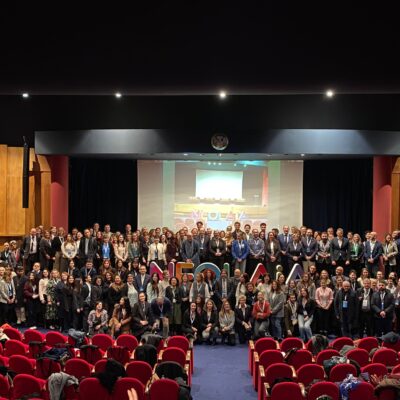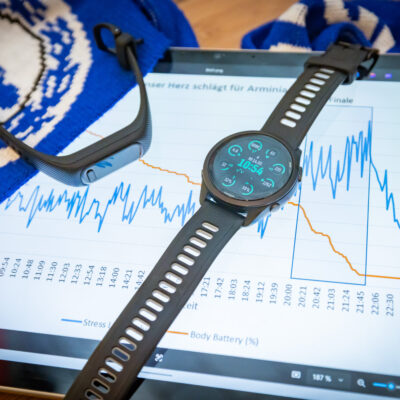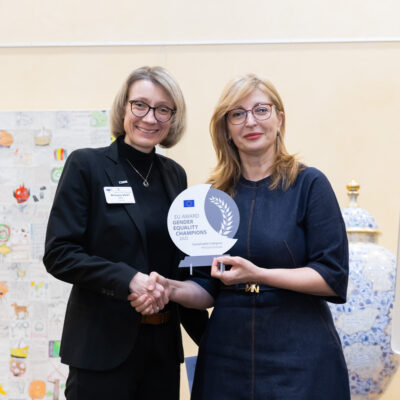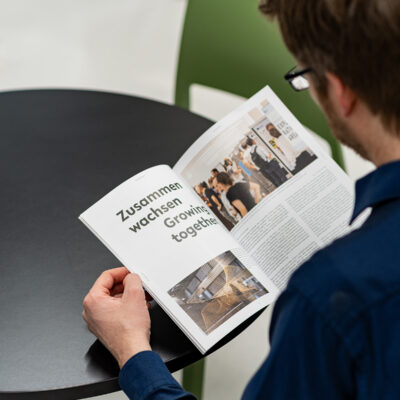Six months or a year abroad—the European Union’s Erasmus+ programme is a gateway to Europe for many students and researchers. At Bielefeld University, it won’t stop there: with immediate effect, the European higher education network ‘NEOLAiA’ is taking European cooperation to a whole new level. It is using millions of euros in funding to put cross-border cooperation on a new footing. The alliance links nine universities spread across the continent, forming a network for students, teachers, and researchers.
For the participating universities, the announcement that the international university alliance NEOLAiA will be funded as a European University probably ranks as the most important news this year. It will raise the networking of the universities of Bielefeld, Jaén (Spain), Nicosia (Cyprus), Örebro (Sweden), Ostrava (Czech Republic), Salerno (Italy), Tours (France), Suceava (Romania), and Šiauliai (Lithuania) to the next level.
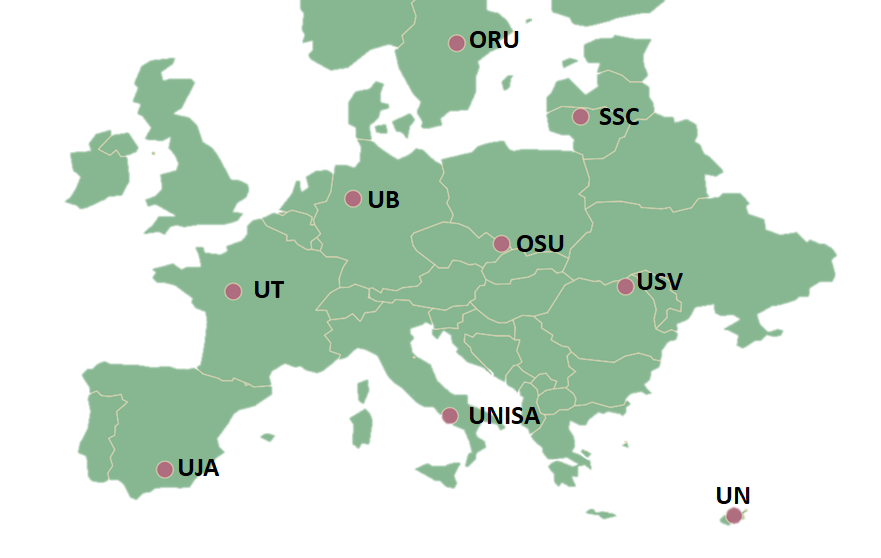
© NEOLAiA
‘This is a huge boost for our internationalization and means increased visibility in Europe,’ says Professor Dr Angelika Epple, Bielefeld University’s new rector. ‘Bielefeld and East Westphalia-Lippe will also benefit, because companies and other institutions need internationally educated professionals.’
What all universities in the NEOLAiA network have in common is that they are small to medium-sized universities with regional roots. The nine universities have been working to enhance and expand their existing relations and collaborations since 2019. The universities belonging to the network were not chosen at random, explains International Networks Coordinator, Professor Dr Michaela Vogt. NEOLAiA is a full-grown network. It is the outcome of a diversity of cooperations, research, and teaching activities that were already in place before the alliance was founded. Bielefeld and Örebro universities are an example of this. This makes the alliance particularly resilient and lays the foundation for all partners to cooperate with each other on an equal footing and with dedication on all sides.’
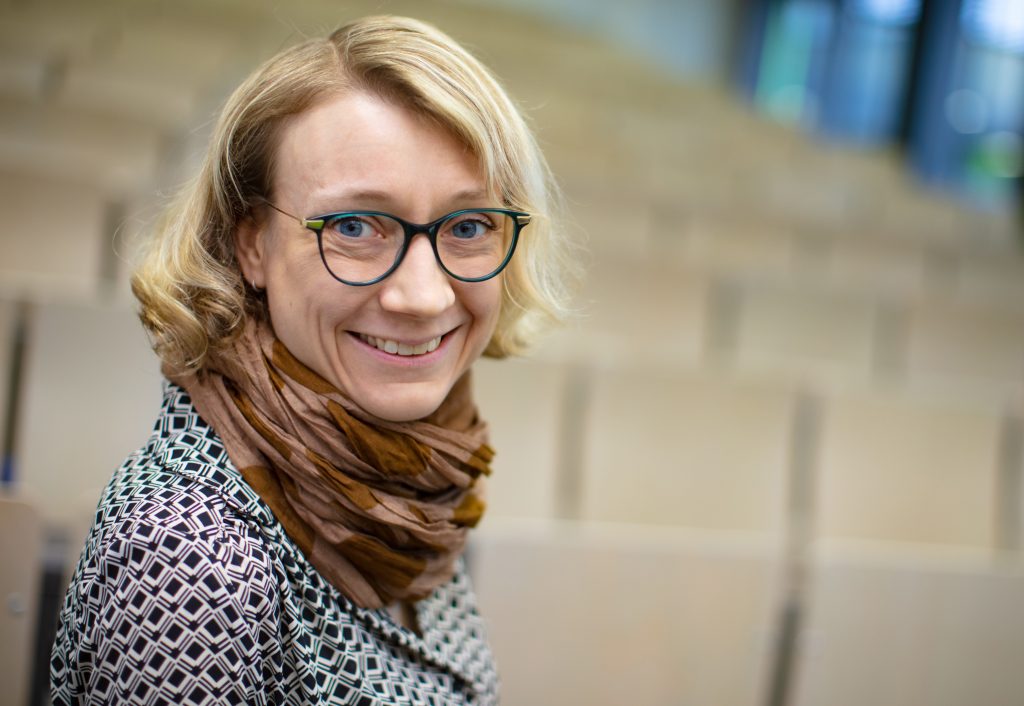
© Bielefeld University
Each member university in the Alliance is responsible for a specific action area. Examples include improving teaching and learning, interculturalism and plurilingualism, excellent research and research initiatives, open science, entrepreneurship, digital transformation, and the enhanced international mobility of students, teachers, and employees. Within the alliance, Bielefeld University coordinates the action area ‘Diversity and Inclusion’ headed by Michaela Vogt. Jaén is currently in charge of the overall project, but this responsibility will later pass on to Örebro.
The European Universities Initiative is an integral part of Erasmus. It is more or less a continuation of the European exchange programme. ‘But the initiative is much more ambitious,’ says Dr Markus Symmank, head of the university’s International Office. ‘Erasmus precedes the Bologna Process that made it possible to compare academic performance such as credit points as well as degrees such as bachelor’s and master’s. The Universities Initiative will lead to more joint or double degrees or European master’s programmes.’
In the European Universities Initiative, the EU describes how it envisions the future of European Universities. ‘In a nutshell, it is about improving the level of important functions in all participating universities,’ says Markus Symmank. NEOLAiA’s objective is to actually achieve this.
‘We in Bielefeld have not only been part of a European University since funds were approved, but have been in contact for several years. NEOLAiA has long been a reality and would have continued to develop even without funding,’ says Michaela Vogt. ‘However, now that funding has been approved, the alliance will become a structured development process that will also drive changes within Bielefeld University itself aimed at opening up on an international level. The funding makes it possible to tackle things, explore paths, and plan the next steps together. It is both a catalyst and an accelerator.’
As a synergy effect, internationalization impacts positively on the university’s attractiveness and contributes to offering a more interesting environment for students, teachers, and researchers—an important element on the way to becoming a top university. ‘Excellence is one of Bielefeld University’s core objectives,’ explains Rector Angelika Epple. ‘The European Alliance opens up much better opportunities to raise funds. Research benefits from the fact that networking with alliance members is both versatile and low-threshold, extending far beyond research stays—this is a key component of the Excellence Strategy.’

© NEOLAiA


